Raspberries are a prominent berry that are dark red and taste sweet and juicy. They are a good source of antioxidants, vitamins, and minerals. Raspberries are good any time of the year, whether they are fresh or frozen. But the beautiful gems aren't just tasty and useful. They have a lot of good nutrients, which makes them one of the healthiest things you can buy in the produce section.
Table of Contents
What is raspberry?
Raspberry is the edible fruit of numerous plant species in the rose family's Rubus genus, the majority of which are in the subgenus Idaeobatus. These plants themselves go by the same name. Raspberries have woody stalks and are perennials.
History of raspberries:
The red and black types of raspberries are two of the most popular ones. While black raspberries are indigenous to the West, red raspberries are thought to have been introduced to North America by early humans.
However, there are more than 200 different kinds of raspberries in all.
Although the fruit offers the most advantages, its leaves also have worth, according to historical accounts. In truth, raspberry plant leaves are still used to make herbal teas, which are then used to cure some stomach problems.
It is well known that England's King Edward I promoted the growing of raspberries there. Additionally, it is well known that George Washington farmed raspberries at Mount Vernon; by the time the Civil War started, up to 40 different types were in season.
Types of raspberries:
There are many kinds of raspberries, like black, purple, and golden, but the most common is the red raspberry, or Rubus idaeus.
Raspberries are native to Europe and northern Asia, but they are grown all over the world in temperate climates. The states of California, Washington, and Oregon grow the most raspberries in the US.
These sweet and sour berries don't last long and can only be picked in the summer and fall. Because of these things, raspberries are best when eaten soon after buying them.
Ways to include raspberries in your diet:
Raspberries are pretty and taste good, and they can be used in both sweet and savoury dishes. If you want to add raspberries to your meals or snacks quickly, try one of the following recipes:
- You can put them in oatmeal, overnight oats, garden salads, side dishes made with whole grains, and desserts.
- You can use them to make a colourful sauce for two-ingredient banana egg pancakes, broiled fish, or oven-roasted vegetables by slightly mashing them.
- You can make smoothies with frozen raspberries or let them thaw and use them just like fresh ones.
- You can also make a mock cobbler by warming frozen raspberries over low heat on the stove with freshly grated ginger root, cinnamon, and maybe a touch of pure maple syrup. Add almond butter or rolled oat crumble, chopped nuts, shredded coconut, or shaved dark chocolate on top.
Raspberries are also a great snack, whether they are fresh, frozen, or thawed. They go well with nuts, pumpkin seeds, dark chocolate squares, or nut butter or spiced tahini.
Raspberries mask for face:
Red raspberries that have been crushed and mixed with honey and yoghurt can be used to make a mask for dry skin. 87% of red raspberries are water, so they can keep your skin moist. Antioxidants can also help improve the health of your skin.
Nutritional value of raspberries:
Raspberries are a good source of potassium, which supports heart health and decreases blood pressure. These berries contain omega-3 fatty acids, which may also lower the risk of heart attack and stroke. The manganese in raspberries controls blood sugar levels and may also strengthen bones and boost skin health.
Health benefits of raspberries:
- Good for people with diabetes
Raspberries, especially red ones, are one of the berries with the least sugar. This makes them a great choice for people who want to cut back on sugar but still want something sweet. They also have a very low glycemic index, which can help control how much sugar is in the blood. Raspberries also have a lot of fibre, which is another reason. It slows down digestion and keeps blood sugar levels from going up.
- Antioxidants abound
Raspberries have a lot of antioxidants in them. Some of the chemicals they have are beta carotene, lutein, lycopene, and zeaxanthin. Researchers have found that antioxidants help reduce inflammation and keep people from getting old too quickly. When there are more free radicals in our bodies, they can damage our cells. Antioxidants also help the body get rid of free radicals, which has many health benefits.
- Full of fibre
Up to 8g of dietary fibre can be found in one cup of red raspberries. This fibre makes you feel full and makes you less likely to overeat. By making digestion slower, dietary fibre also makes it take longer for blood sugar to leave the body. It also helps keep your gut healthy.
Red raspberries also help to grow healthy bacteria in the gut. Gut bacteria help build up your immune system, keep your digestive system healthy, and help your body absorb food better. Also, research shows that gut bacteria makes it less likely that you will get sick.
- Safe for the Heart
Researchers have found that some flavonoids in red raspberries can help stop inflammation, which can lead to heart problems. Because these flavonoids work by making the immune response less strong, this is the case. Also, antioxidants like vitamin C, vitamin A, and many others keep free radicals from hurting the cardiovascular system. They also have potassium, which helps the blood flow, lowers blood pressure, and keeps the amount of sodium in the body in check. So, it helps prevent high blood pressure.
- Keeps cholesterol in check
Raspberries have a lot of vitamin C and fibre. Bad cholesterol can be lowered with the help of these nutrients. Atherosclerosis is also less likely to happen. In this condition, plaque builds up in the arteries and makes them hard and narrow. This doesn't happen because fibre stops the body from making too much cholesterol.
Raspberries have manganese, which helps lower LDL. This helps control cholesterol and lowers the risk of heart disease.
- Anti-allergic Effect
Red raspberries have a lot of quercetin, which is a flavonoid that works as an antihistamine. Research shows that it might stop the histamine from getting out. Histamine is a chemical that is made by the body as part of the immune response. It is what causes inflammation. This antihistamine can help with many allergy symptoms, like a runny nose, hives, watery eyes, and many other types of swelling and inflammation.
- Beneficial in Pregnancy
There are many important vitamins, minerals, antioxidants, and fibres in red raspberries. These chemicals are pretty important for keeping a pregnancy healthy. For instance, the vitamin C in red raspberries can help protect the developing baby from damage caused by free radicals.
They also have some folate in them. Studies have shown that folate is important for the healthy development of a baby's brain. It may also lower the chances of being born with many birth defects. They also have a lot of zinc, potassium, and iron, all of which are important for a mother's health during pregnancy.
- Effect on cancer
Adding red raspberries to your diet can lower your chances of getting different kinds of cancer. In any case, they are full of antioxidants like vitamin A, vitamin C, and flavonoids. These chemicals protect healthy cells from free radicals, which can do a lot of damage and make colon, abdominal, and pancreatic cancer more likely.
Research shows that red raspberries have a phenolic compound called ellagic acid. It works as a strong antioxidant and helps lower the chance of getting cancer.
- Lessens the chance of eye diseases
There are a lot of antioxidants and vitamin A in red raspberries. Antioxidants help cut down on the damage that free radicals do to different body tissues. Damage from free radicals could be a major cause of eye diseases.
These antioxidants make it less likely that you will get macular degeneration, cataracts, or glaucoma. Raspberries also have vitamin A, which is important for healthy eyes. Vitamin A is a type of retinoid that is very important for the cone cells in your eyes. Keeping the cone cells healthy can help the health and life of the cell last longer. As a result, this helps people see better and delays eye problems that come with getting older.
FAQs on raspberries:
Q: How many raspberries should I eat in a day?
Ans: Eating 2-3 handfuls of raspberries a day can be very helpful. They can help you get the vitamin C and A you need every day and give you a variety of antioxidants.
Q: Are blueberries or raspberries better for you?
Ans: Raspberries are better because they have 18% more Vitamin C than blueberries. Also, they have four times as much magnesium as blueberries do. Also, they have a lot less sugar than blueberries do.
Q: Are raspberries a superfood?
Ans: Raspberries have everything a superfood should have. They have a lot of vitamin C and manganese in them. They also have a lot of antioxidants and flavonoids, which are good for your health.
Q: Do raspberries help you lose weight?
Ans: Yes, raspberries can help you keep your weight down. Still, they have fibres that keep you from getting hungry and making you want junk food. So, they keep you from gaining weight in a bad way.
Q: Do raspberries help get rid of belly fat?
Ans: Yes, both fat and calories are low in raspberries. When used with a healthy diet and regular exercise, they can help you lose fat and keep your weight in check. The fibre in them may also help people keep a healthy weight.
Q: Can raspberries be eaten every day?
Ans: Yes, raspberries are safe to eat every day. They can give you more energy, help your immune system, and improve the health of your uterus. Getting cancer is also less likely if you eat raspberries every day.
Q: Does raspberry help skin?
Ans: hey can be good for your skin because they have antioxidants. By getting rid of free radicals, they can also help slow down the rate at which cells age and stop oxidative damage to cells.
Q: Do raspberries contain a lot of sugar?
Ans: Raspberries have sugars in them, but not much. So, they can be a great fruit choice for people with diabetes. They can help control your blood sugar and satisfy your sweet tooth.

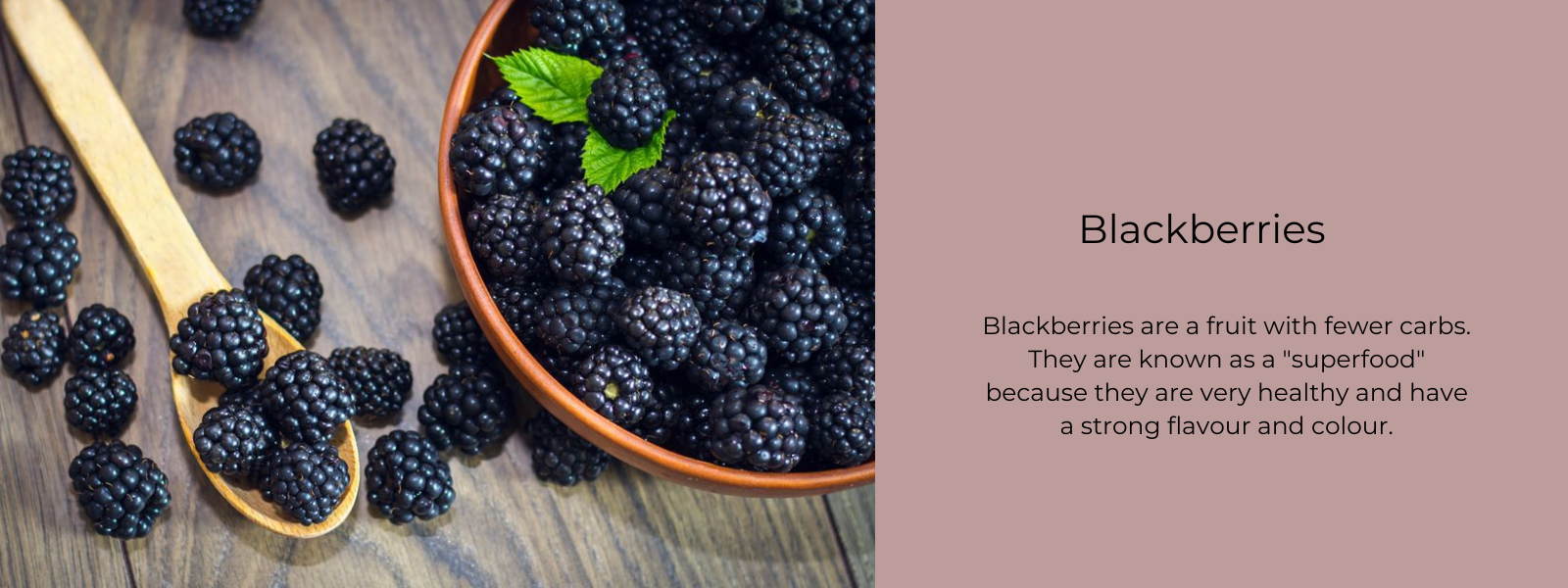
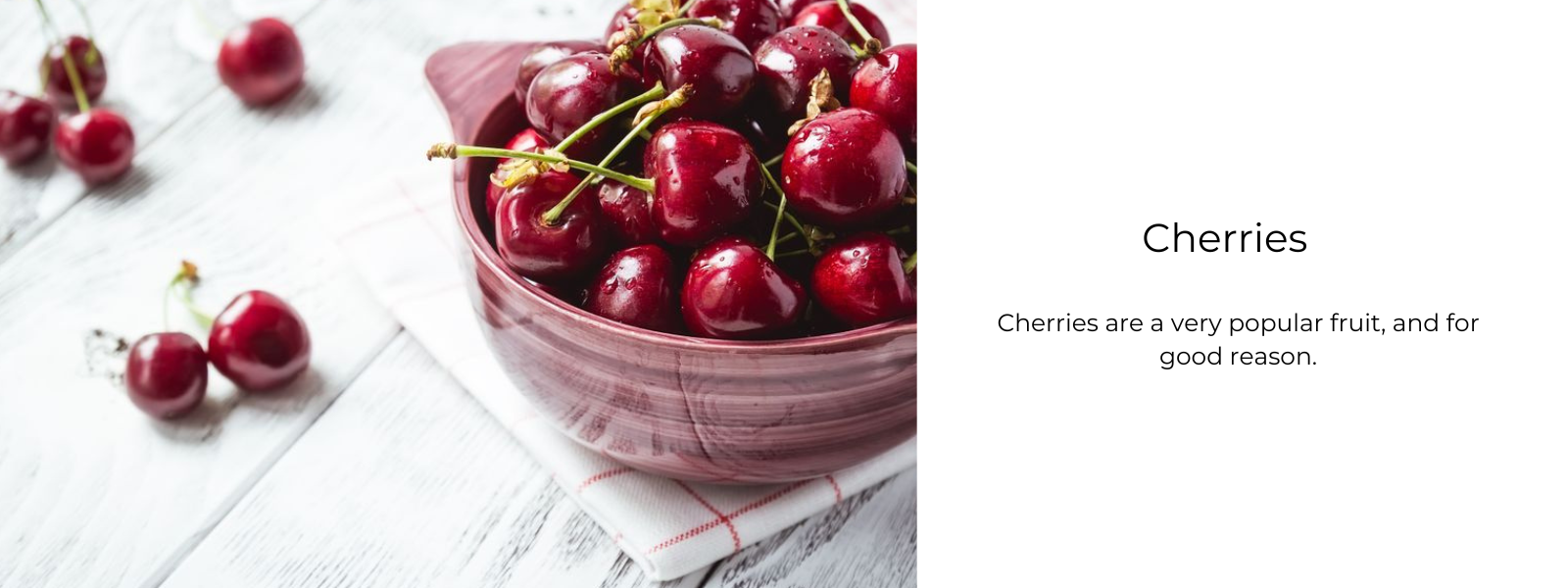
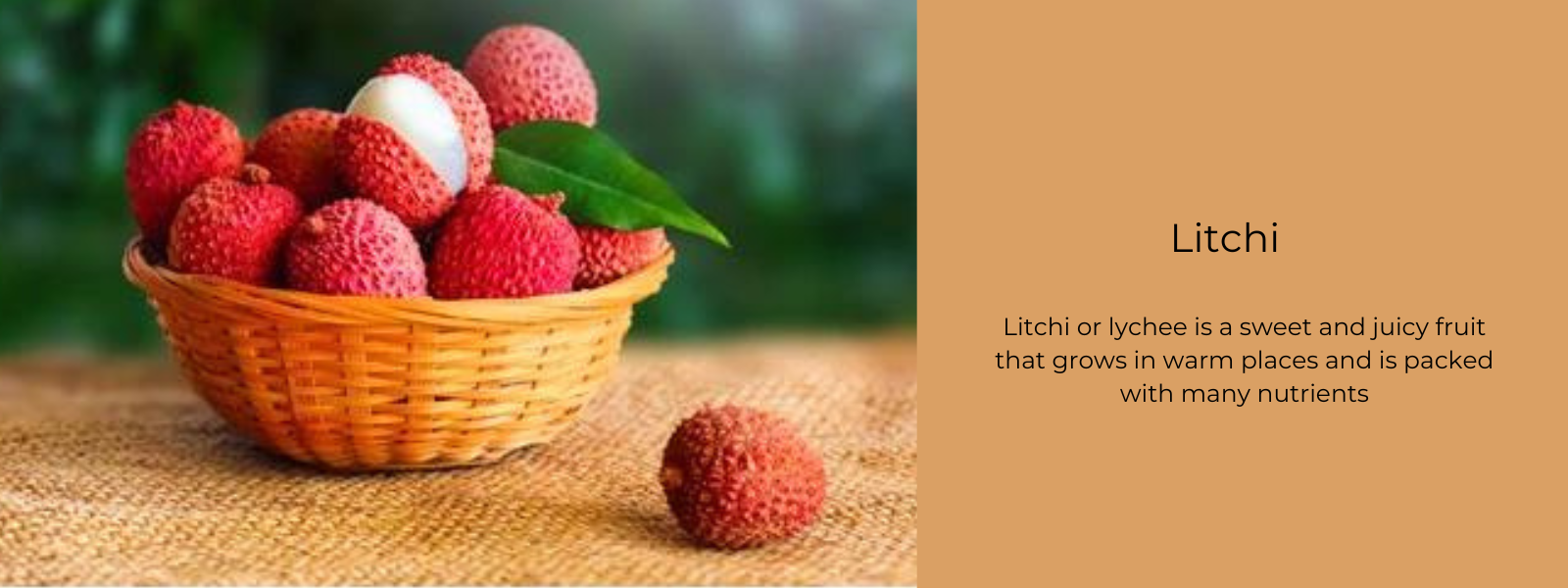
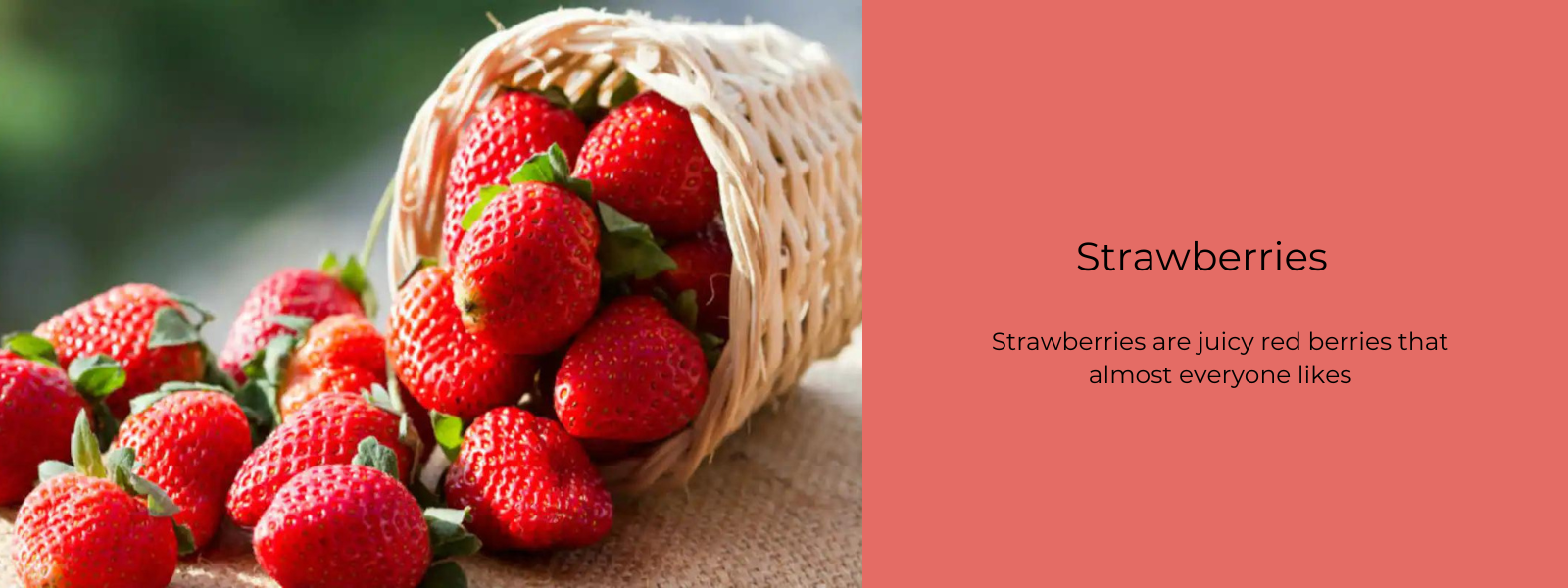
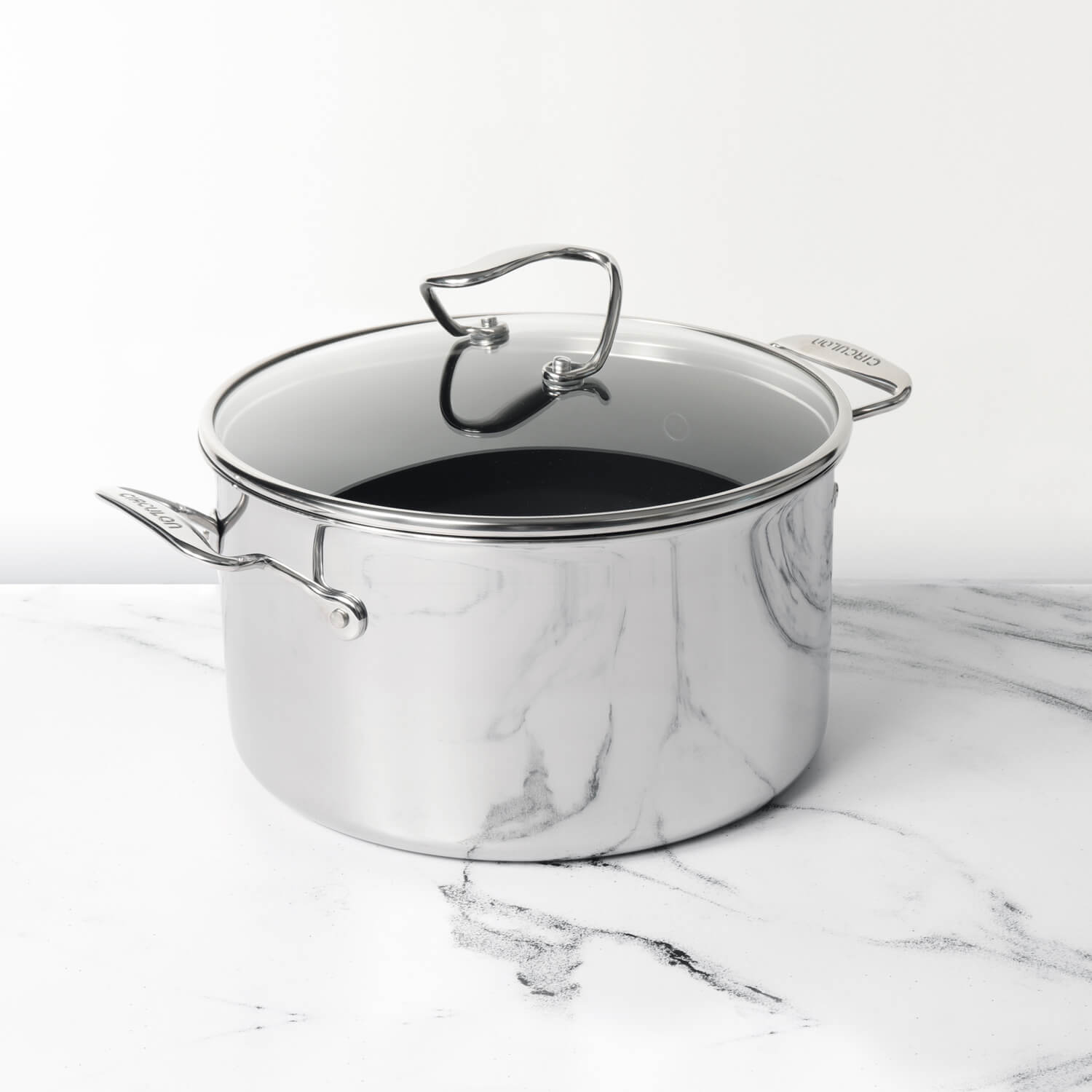
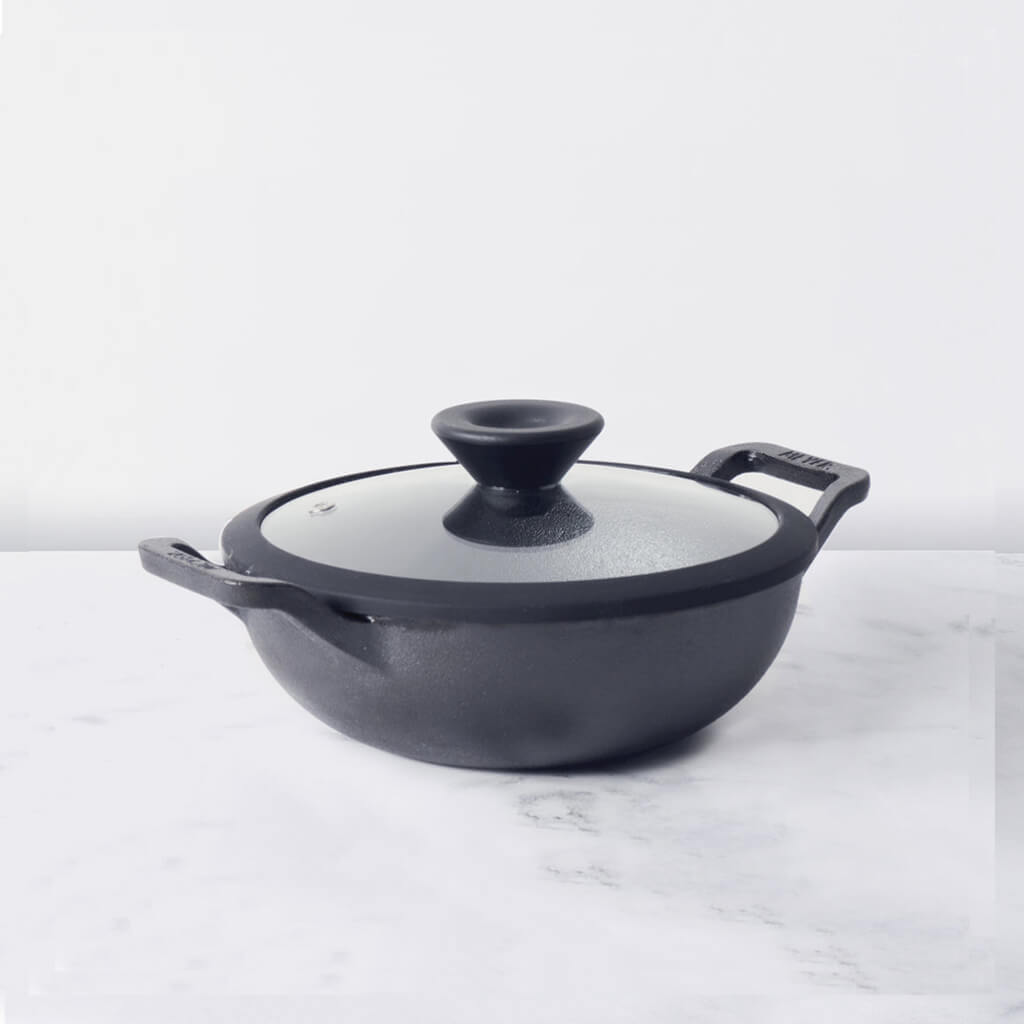




Leave a comment